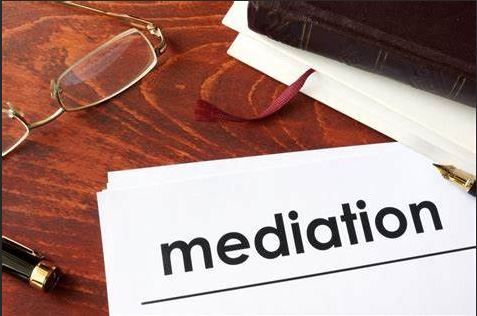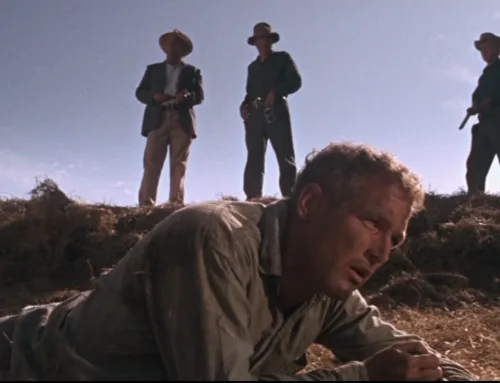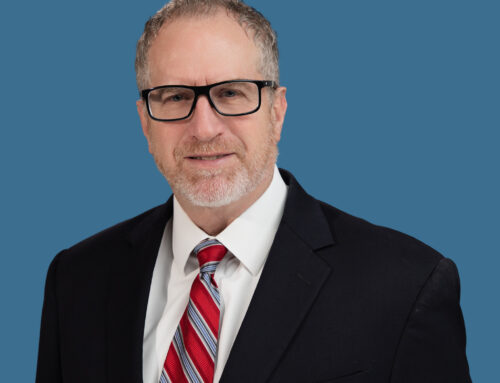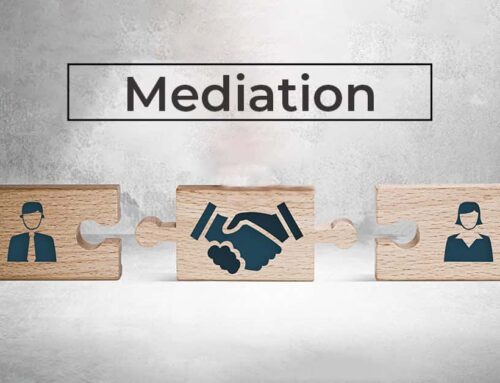We often hear the phrase “settlement authority” at mediation. What does this really mean? Florida Rule of Civil Procedure 1.720(b) requires (unless otherwise permitted by the Court or stipulated by the parties, in writing) the following to attend mediation: (1) a party or a party representative having full authority to settle without further consultation, (2) a party’s counsel of record and (3) a representative of any insurance carrier who has full authority to settle in an amount up to the amount of the Plaintiff’s last demand or policy limits (whichever is less).
More often than not, as a matter of practice, a corporate party or insurance company representative will not agree to settle a case without consulting with his or her superiors. Does that mean such representative is in violation of the mediation rules? First, because private sessions are confidential, the other side will never know whether the representative had authority or not. My solution is this: make sure the party representative has full “authority” to settle the case. Under that scenario, a consultation with that party’s superior during mediation would not necessarily violate the rule. Regardless, the party representative may be instructed that, although you have full authority to settle for the maximum limits, if you do so, you will be fired. Although these precise words may not be spoken, that will be practical effect. Note that in Federal Court mediations, the mediator is required to confirm and report that the parties came with full settlement authority. Local Rule 9.06, United States District Court for the Middle District of Florida.
Rod B. Neuman is a Florida Supreme Court Certified Circuit Court Mediator Certified Mediator (also admitted in the United States District Court, Middle District of Florida) and offers these observations based upon his experiences mediating cases throughout the State of Florida.








Stay In Touch